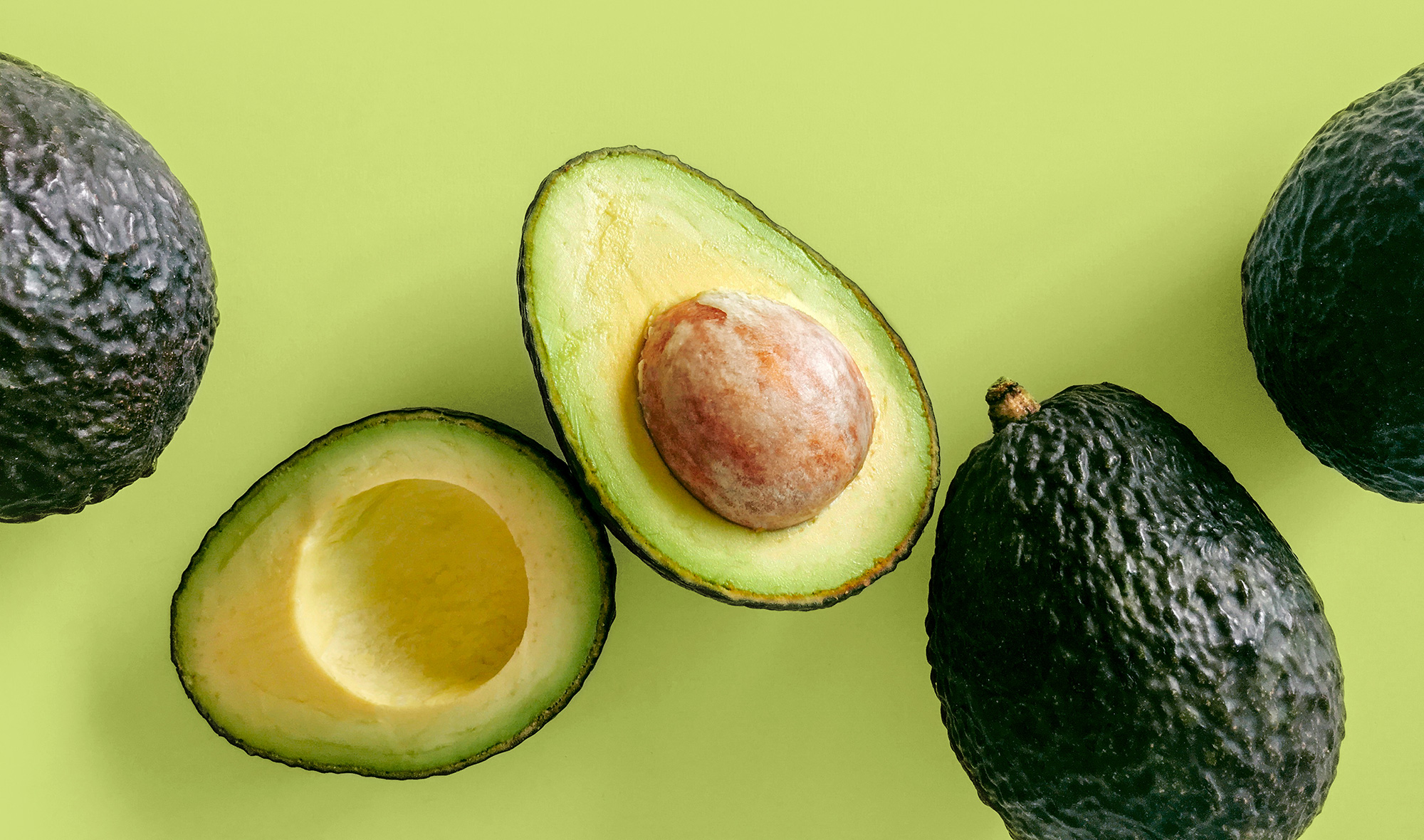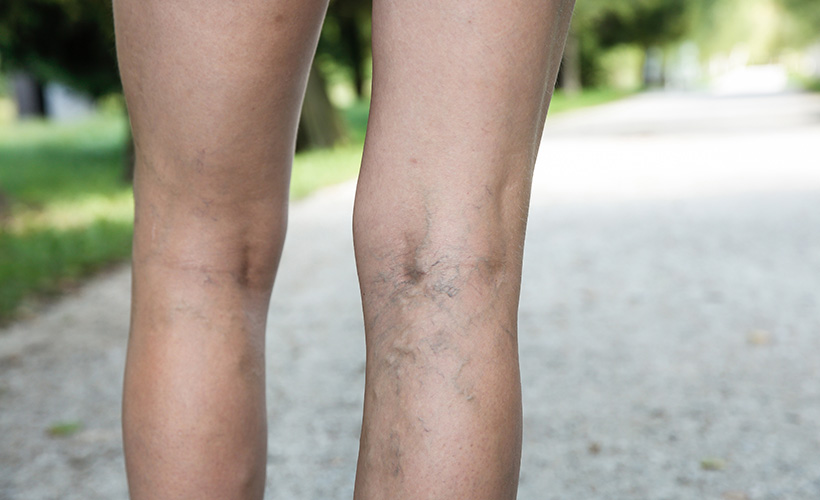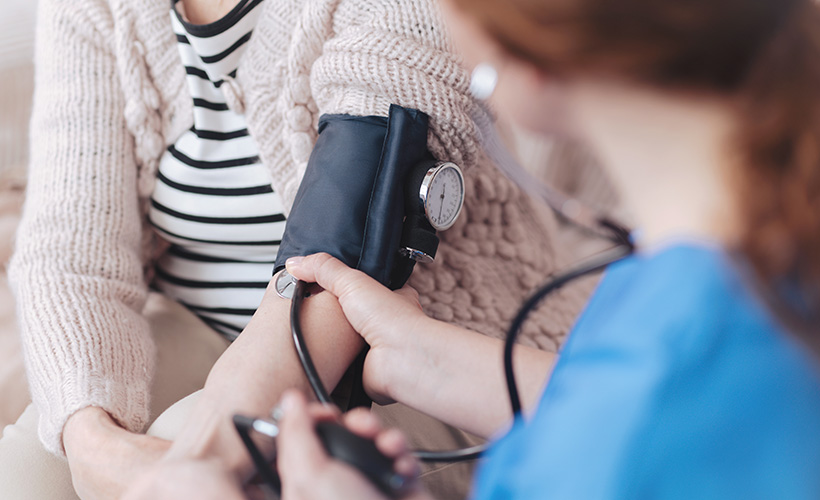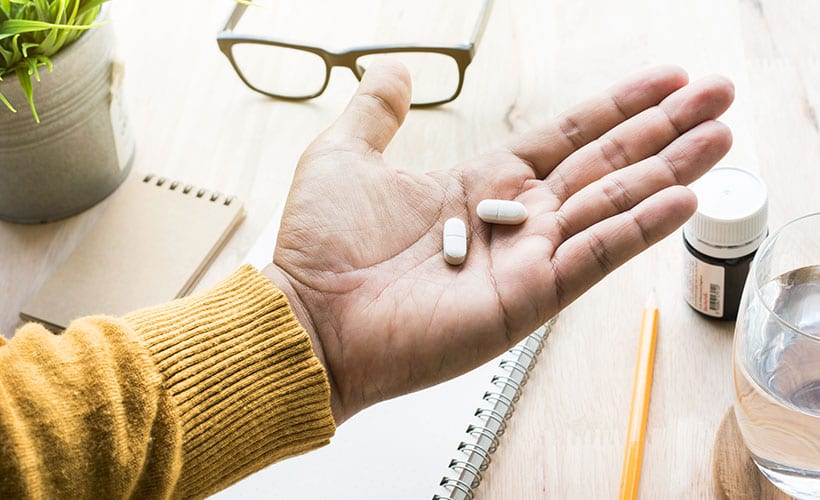What’s the Problem with Cholesterol?
Around 70-80% of our cholesterol is made by our bodies, mainly by the liver, and the rest comes from dietary sources. The main source of this is animal fats (also known as saturated fats) such as meat and dairy products. It is also found in egg yolks, some shellfish and in coconut and palm oil. We need cholesterol to carry fat-soluble vitamins (A, D, E and K) through our bodies, to help make hormones and cell membranes, protect internal organs and, most importantly, for energy. However, if the liver does not process cholesterol properly or the diet contains more cholesterol than is needed, then too much stays in the blood and can be deposited on artery walls, causing them to become hardened, narrowed and even blocked. This is called plaque formation and the disease associated with blocked arteries is called atherosclerosis. This increases the risk of heart disease, heart attack and stroke. Heart attack is the main cause of premature death in New Zealand.
Good and Bad Cholesterol
Cholesterol, like all lipids (fat) does not dissolve in the blood and so needs to be carried around by a special transporter called lipoprotein. The lipoprotein that carries cholesterol away from the liver to circulate through arteries is low density lipoprotein (LDL). This is also known as “bad” cholesterol because a high level of LDL indicates excess cholesterol is likely to be deposited on artery walls. Cholesterol that is not used is carried back to the liver for processing by high density lipoprotein (HDL), the “good” cholesterol because it also picks up excess cholesterol that has been “dumped” along the way.
Risk Factors for High Cholesterol
- A strong family history of strokes and heart attacks
- A diet high in saturated fat
- Obesity
- Lack of exercise
- Diabetes, as high blood sugar can also contribute to high LDL and low HDL.
Recommended Cholesterol Levels
This cholesterol profile is recommended by the Heart Research Institute NZ:
| Total cholesterol |
3.9 to 5.5 mmol/l |
| LDL |
1.7 to 3.5 mmol/l |
| HDL |
over 1.5 mmol/l |
| Triglycerides |
0.5 to 1.7 mmol/l |
Prevention and Treatment
There are no symptoms for high cholesterol; blocked arteries can build up without knowing until the problem is severe enough to cause symptoms of heart disease. Self-care by making lifestyle changes is your first line of defence against high cholesterol and ultimately heart disease.
1. Healthy Living
- Do more exercise as this can help improve cholesterol levels, increase HDL and reduce other risk factors for heart disease.
- Avoid being overweight as excess weight contributes to high cholesterol because you have more fat stores.
- Include lots of fibre in your diet from fruit, vegetables and whole grains, as fibre helps to “mop up” cholesterol.
- Eat a low-fat diet and reduce your intake of saturated fats (meat and dairy); instead eat more “healthy” unsaturated fats found in vegetable oils, nuts, seeds, and oily fish. Also, plant sterols extracted from soybeans, often used in salad dressings and low-fat spreads, may be helpful in lowering cholesterol as they are structurally similar and compete for absorption in the gut therefore lowering cholesterol.
- Don’t smoke, as smoking lowers your HDL levels and damages your arteries, which promotes plaque formation.
- A diet which includes raw olive and avocado oil helps increase the “good” cholesterol, HDL.
2. Monitor blood cholesterol
If you think you are at risk of having high cholesterol, visit you doctor for a regular blood test and check-up, and then ensure that you monitor your blood cholesterol levels. Try to get your cholesterol down by making lifestyle changes, as lowering LDL levels by 1mmol/l of reduces risk of heart disease and stroke by 30-35%.
3. Risk assessment for heart disease
Blood cholesterol levels are more meaningful when taken in the context of other risk factors for heart disease. Your health professional will help you interpret them, using specially designed risk assessment tables. If you have high cholesterol, your risk for heart disease depends on how many other risk factors you also have:
- Age – over 55 for women and over 45 for men
- Unhealthy diet
- Smoking
- Physical inactivity
- Overweight (determined by body weight and waist measurement)
- High blood pressure
- Diabetes (high blood sugar)
- Family history of heart disease
- Inherited susceptibility for cholesterol
- Ethnic group – Maori, Pacifika or of Indian descent
4. Medication
If you have done all you can to reduce your blood cholesterol and it is still high, you may be offered medication.
- Lipid-lowering statins are a group of drugs that block an enzyme needed for the liver to make cholesterol. This increases the amount of cholesterol the liver removes from the blood and removes cholesterol that has been deposited in the artery walls. This is the most commonly used and most effective medication.
- Cholesterol absorption inhibitors work by reducing the amount of cholesterol absorbed by the intestine into the blood.
- Bile acid-binding resins encourage the liver to use up more cholesterol in making bile.
5. Procedure for opening blocked arteries
As a last resort, if after making lifestyle changes and taking lipid-lowering medication you still have blocked arteries, there are procedures you can have to unblock them.
- Angioplasty is when a catheter is passed into the blocked artery with a deflated balloon at its tip. When in place the balloon is inflated and widens the artery allowing blood to flow again.
- Stenting is using a metal coil or stent inserted into a blocked artery to act as a support, keeping it open.
For more on Cholesterol visit heartfoundation.org.nz

















Community